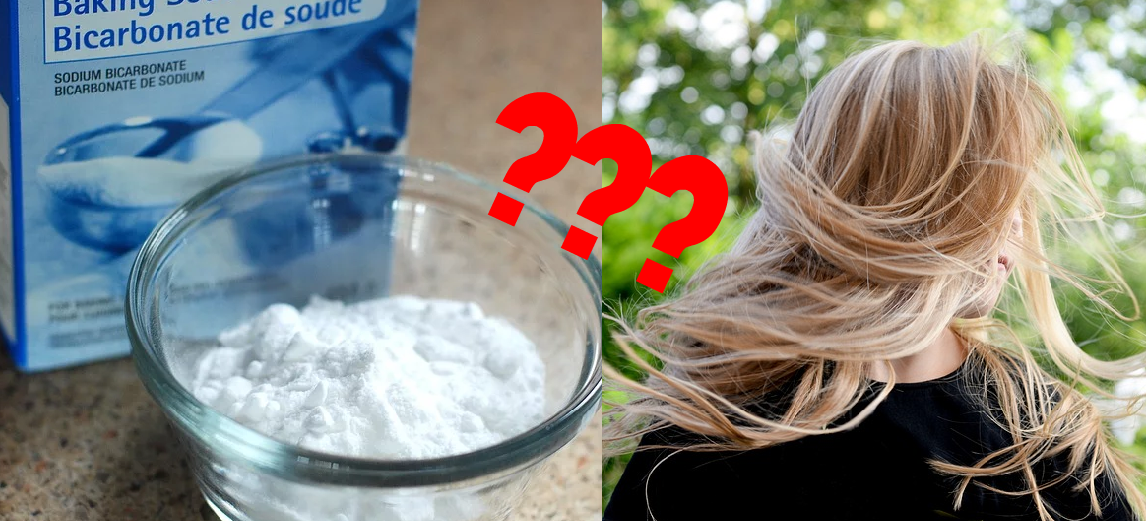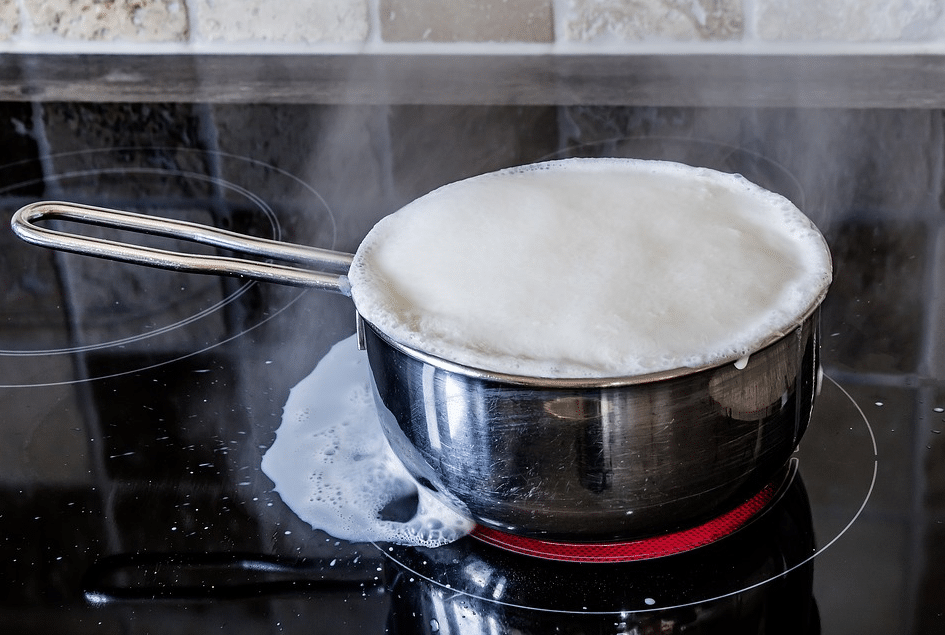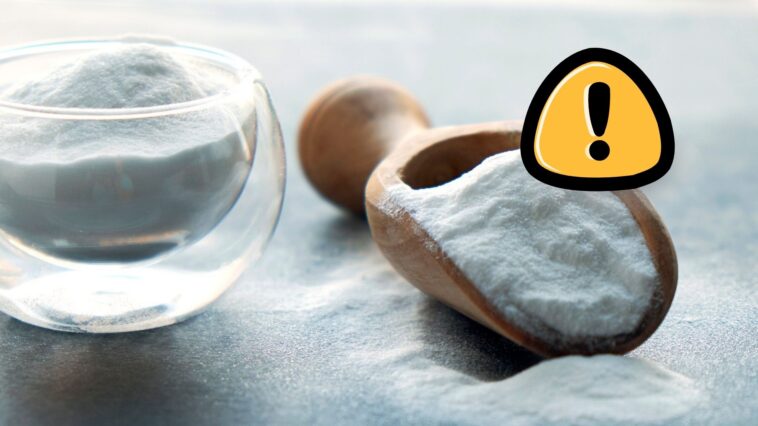Just like white vinegar, black soap, soda crystals or lemon juice, baking soda is one of the great classics of multi-use ecological cleaning products. We use this white powder for everything: deodorize bad odors, degrease and scrub the dishwasher, remove stains from clothes, descale pipes, shine a sink or silverware… To tell the truth, we use this very effective cleaning product so much for all the maintenance of the house that we tend to forget that as with all household products, it is subject to some important precautions. For example, there are a number of things that should never be cleaned with baking soda. These are objects and materials on which it should never be used at the risk of damaging them.
Things to never clean with baking soda!
1) You should not clean your hair too much with baking soda

There are many uses for bicarbonate in the hair: it would clarify the hair and fight dandruff. However, it is important not to overuse it and to space out its uses. Indeed, bicarbonate shampoo can make hair dry, brittle and dull in the long run. This is due to the fact that it has a pH too basic and therefore too abrasive for our scalp and our lengths. To be limited as much as possible…
2) Be careful with the glass!
Paradoxically, baking soda is excellent for treating small scratches on a window, but it is not designed for their daily maintenance. Its gentle abrasive power can indeed help to erase the rough edges of a scratch. However, applied to the rest of the window, there is a risk of scratching it ! Better to use white vinegar or water, on newspaper or a microfiber cloth.
3) Take precautions when cleaning aluminum with bicarbonate
This natural cleaning product is excellent for cleaning heavily soiled pots and pans. All you need is a little boiling water and baking soda on the stove to loosen all the grease and dirt. However, you should quickly rinse your utensil if you have soaked it. In fact, bicarbonate can cause oxidation of aluminum. Too prolonged contact can therefore cause this material to turn brown!
4) Distrust of a ceramic hob

Baking soda with a little water to make a paste, a few drops of lemon essential oil and a little elbow grease… you often don’t need more to clean a greasy hob! However, on ceramic, bicarbonate can leave some scratches and a white film. If you use it on it, passing a soft cloth soaked in vinegar will remove all white marks.
5) If possible, no baking soda to clean marble
This household product will not immediately damage marble or quartz. Moreover, it is sometimes recommended for cleaning materials that do not like acidic cleaning products (vinegar, lemon juice, etc.) or bleach. However, in the long termthe protective layer of these materials can be removed. This will then make the marble more porous and susceptible to damage.


